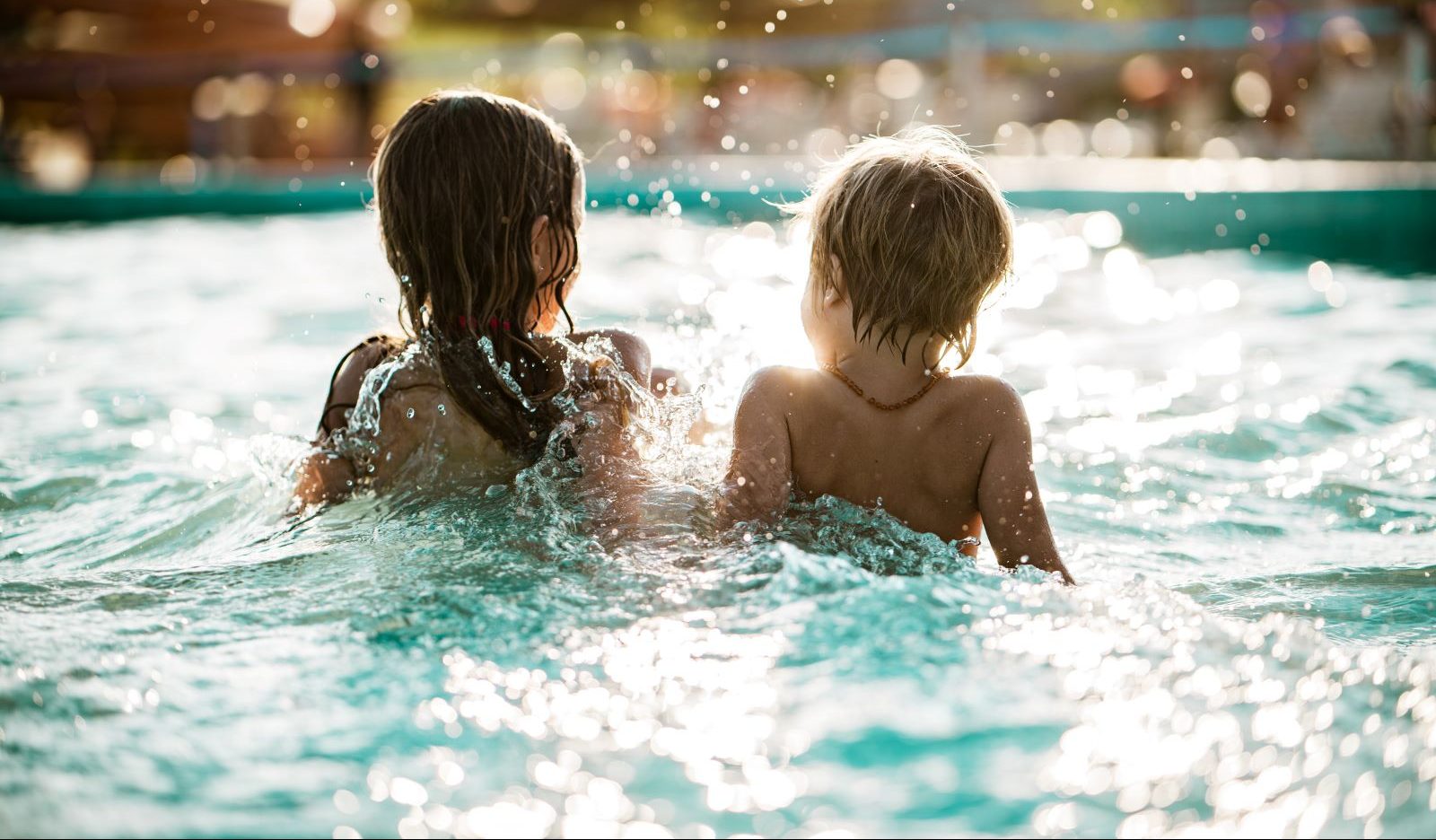<< Back
4 Water Safety Myths, Debunked by an Expert

August 07, 2023
As the sun sizzles and we all clamor to get out of the heat, the water beckons. But before you grab your sunscreen and head to the nearest pool, it’s important to think about water safety.
“Water can provide hours of fun in the sun for kids and adults alike, but it’s important to take the appropriate precautions. Drowning is the leading cause of injury-related death among children ages one to four,” says Rekha Singh, MD, chief of surgery at The Hospital of Central Connecticut.
So we asked Dr. Singh to debunk four of the most common misconceptions about water safety.
Myth #1: Quiet waters plus quiet kids equals bliss.
When it comes to water safety, silence may not always be golden.
Hollywood theatrics aside, drowning often happens silently. If your child is suspiciously still or quiet in the water, pay close attention – that might be when they need immediate attention.
> Related: Summer Weather Leads to Uptick in Emergency Department Visits
Myth #2: If you know how to swim, you can’t drown.
It’s a good start, but knowing how to swim doesn’t make you immune to drowning.
“Even the strongest swimmers can find themselves caught in a tricky situation. A smart parent knows that layers of caution – from lifeguards to life jackets – are as essential as sunscreen on a sunny day,” Dr. Singh says. “Leg cramps or exhaustion could also prevent someone from staying afloat, so listen to your body and don’t push yourself too far.”
Myth #3: Floaties and water wings will keep your kids safe.
Floaties and water wings might seem like a great way to protect your little one, but they could be doing more harm than good.
According to an online survey by The Harris Poll, 66% of parents believe floaties and water wings keep children safe in the water. But in reality, they are not recognized as safe personal floatation devices. “The problem with floaties is that they give parents a literal false sense of security,” Dr. Singh notes.
> Want more health news? Text StartHere to 85209 to sign up for text alerts
Myth #4: Shallow waters can’t cause deep trouble.
From bathtubs to wading pools, water doesn’t discriminate by depth.
Even just a few inches can spell danger, especially for curious kids. A watchful eye and a sprinkling of water smarts can turn any aquatic escapade into a splashingly safe adventure.
“This summer, parents should arm themselves with the truth about drowning and water safety. Remember, a little knowledge can be the buoy that keeps your family’s summer afloat,” Dr. Singh says.